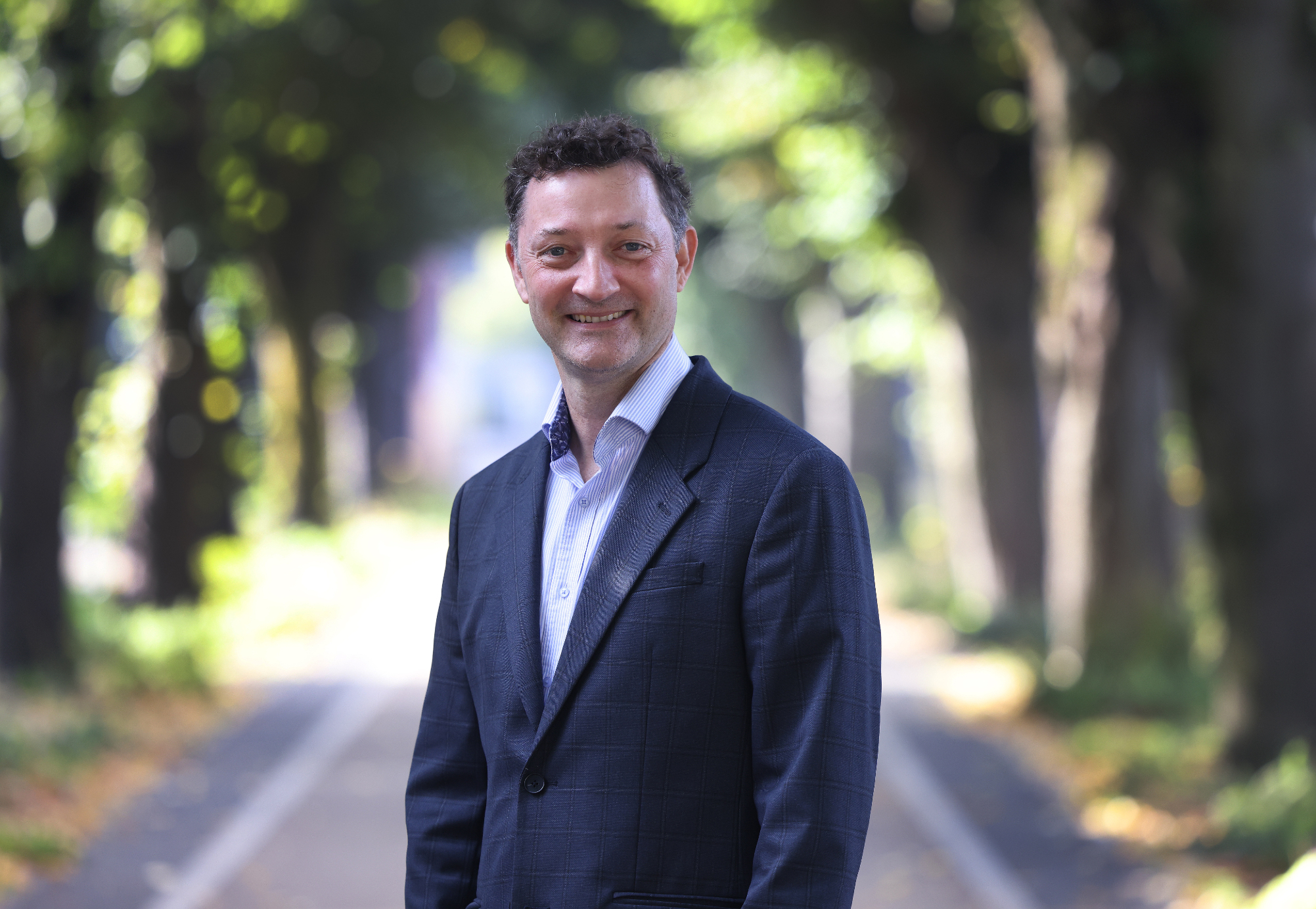
Professor Peter McCormick PhD
Associate Pro-Vice Chancellor for Postgraduate Affairs and International Partnerships / Chair in Pharmacology Pharmacology & Therapeutics
- About
- Research
- Publications
Research
Drug Discovery
One of the major challenges to creating new drugs is reducing side effects and increasing the efficiency of a new drug. One way this can be achieved is by identifying new places where a drug can bind to a target of interest. This new region can be on an already known drug target or on a completely new one. These alternative drug sites, termed allosteric sites, act as rheostats, where they are able to turn down or turn up the bodies response. Once a location is identified, then rheostat molecules can be developed as new drugs. My lab works on identifying new sites for future such future molecules. Our work is on both known drug targets as well as on new drug targets. We currently are working on such sites for the treatment of obesity, neurodegenerative diseases, depression, inflammation after a heart attack and various cancer types.
G-protein coupled receptor oligomerization
The G-protein-receptor (GPCR) superfamily is subdivided in six classes (A to F). These receptors represent important drug targets, with ~30% of all drugs in the clinic targeting a GPCR. It is clear from structural data that GPCRs are not single on/off switches but instead have different ligand-modulated signalling states, and that higher-order oligomers are important for activity. Our own work has shown that these oligomers (homo and heteromers) have the potential to significantly alter downstream signalling pathways. However, how this is achieved will vary for the partner and most likely the physiological setting (expression levels, cell and tissue type, etc..). Our work and others have demonstrated that the consequences of protein-protein interactions between receptors can be allosteric in nature, or via altered trafficking. One stream of our research is focused on achieving a full understanding of these intricate protein complexes, their role in physiology and disease, and ultimately how to manipulate them for therapeutic interventions.
Research Grants
Anti-Histamines as Novel Therapeutics in Pancreatic Cancer
PANCREATIC CANCER RESEARCH FUND (UK)
January 2023 - December 2025